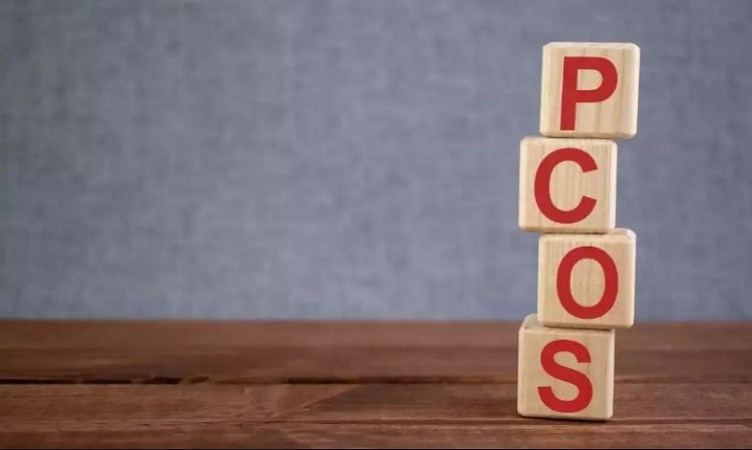
A recent survey conducted by the Ayurveda FemTech brand (courtesy - Gynoveda - Gynoveda is the World's first Ayurveda FemTech brand. It combines Ayurveda, Technology, content, and Community for women's healthcare, especially menstruation) has shed light on the alarming state of menstrual health among Indian women. Astonishingly, nearly 70 percent of women in India grapple with various menstrual health issues, as per the findings. The comprehensive survey encompassed a vast sample size of 300,000 women aged between 18 and 45.
In the course of this extensive study, respondents were categorized into three groups based on the severity of their menstrual conditions and physical changes they experienced. The most striking revelation was that a staggering 70 percent of the participating women were dealing with menstrual conditions, particularly Polycystic Ovary Syndrome (PCOS). Additionally, 26 percent of women reported experiencing pain, infections, or abnormalities adversely affecting their vaginal health and overall quality of life. Shockingly, a mere 4 percent of female responders claimed to have no menstrual issues whatsoever.
One of the study's most disconcerting findings unveiled that 60 percent of women in the 25 to 34 age bracket were afflicted with PCOS, underscoring that age is not a deterrent in this regard. Equally troubling is the fact that even younger women in the under-24 age group, constituting 51 percent, suffer from this ailment.
Furthermore, the research underscores the profound impact of PCOS on female fertility. According to the National Institute of Health (Government of India), their thorough investigation revealed infertility rates ranging from 70 percent to 80 percent among women with PCOS.
While the study highlights various gynecological issues affecting women in India, PCOS emerges as the predominant concern. Remarkably, PCOS afflicts approximately 54 percent of women surveyed, making it the most prevalent menstrual condition. Pelvic Inflammatory Disease (PID) ranks second, impacting 17 percent of females. Candidiasis was reported by 9 percent of respondents, fibroids by 5 percent, and endometrial hyperplasia by 1 percent.
The survey also underscores the challenges associated with irregular menstruation and menstrual discomfort. A significant 83 percent of women disclosed experiencing unpleasant periods, necessitating monthly medication. Among them, 58 percent endured mild, manageable pain, while 25 percent grappled with severe discomfort. Approximately 76 percent of cases featured irregular periods with minimal flow.
Moreover, the study revealed that only slightly more than half of the women adhered to the recommended usage of 10 to 12 pads per cycle for a healthy menstrual flow, with many opting for just 5 pads per cycle. PCOS's far-reaching impact is not limited to physical symptoms alone; it extends to emotional well-being as well. Approximately 60 percent of respondents cited weight gain as a PCOS-induced issue, while 59 percent reported excessive facial hair growth.
Conversely, around 55 percent of women dealt with acne-related skin problems, while 51 percent faced pigmentation and other hormonal skin challenges. These findings underscore the urgent need for increased awareness, education, and support to address the pressing issue of menstrual health among Indian women.